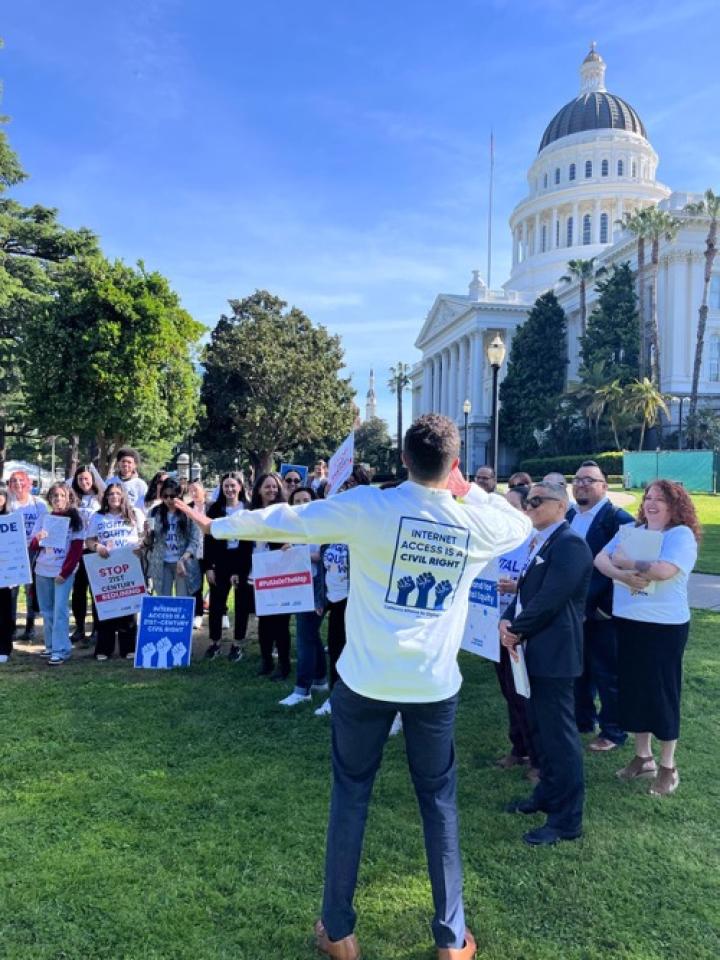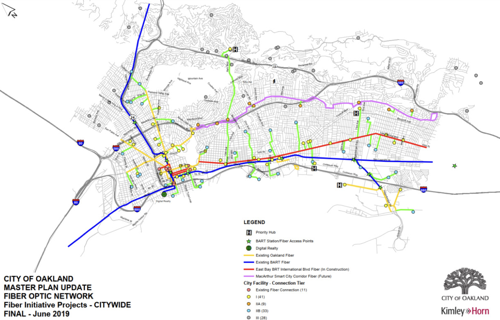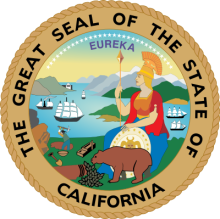California Regulators To Include Broadband Affordability Requirements In Verizon Frontier Merger Approval
The California Public Utilities Commission (CPUC) is poised to include new broadband affordability requirements as part of the state’s looming approval of Verizon’s massive $20 billion merger with Frontier Communications, even as some consumer advocacy groups worry the changes may not go quite far enough to hold Verizon accountable.
The CPUC’s Public Advocates Office has struck a partial settlement with Verizon that the state hopes will take some of the sting out of the telecom industry’s latest consolidation spree.
Verizon’s $20 billion proposed merger with Frontier would merge two of the nation’s top four traditional phone companies, resulting in a telecom giant with assets across 31 states. The merged new company would have more than 9.6 million customers with a fiber network that ultimately passes more than 25 million fiber homes and businesses.
While the two companies don’t directly compete, Verizon’s political influence and market power will still increase. Both companies have long been criticized for lobbying to undermine U.S. broadband competition, then leveraging the resulting regional market failure to jack up consumer costs and neglecting aging DSL network upgrades and repairs.













